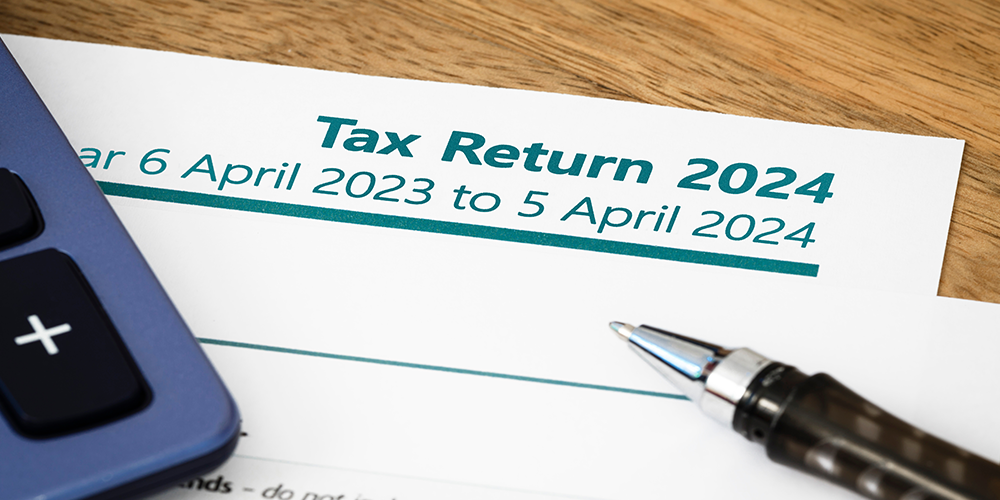The 2023/24 self-assessment tax return filing deadline is the 31st January 2025, and you need…

High Income Child Benefit Charge (HICBC) and self-assessment tax returns
Our latest article explains the High Income Child Benefit Charge (HICBC) and how you need to report the tax charge on your self-assessment tax return.
What is the High Income Child Benefit Charge?
You may be required to pay the High Income Child Benefit Charge (HICBC) if you or your partner have an individual income that’s over £60,000 and either:
- You or your partner get child benefit
- Someone else gets child benefit for a child living with you, and they contribute at least an equal amount towards the child’s upkeep
A partner is someone you are not permanently separated from and are either in a civil partnership with, married to or living with as if you were. For the HICBC to apply, it does not matter if the child living with you is not your own child.
The HICBC is calculated based on the adjusted net income of the higher earner, regardless of who receives or claims the benefit. Your adjusted net income is your total taxable income before any allowances. For example, the total taxable income will include the taxable value of benefits-in-kind, such as private medical insurance or a company, and interests from dividends or savings.
HICBC applies to each tax year, from 6th April to 5th April the following year. As of 6th April 2024, child benefit is withdrawn at a rate of 1% for every £200 over the £60,000 threshold. The child benefit is completely withdrawn where the annual income of the higher earner is £80,000 or more.
To get an estimate of your adjusted net income, please use the government’s child benefit tax calculator.
Who pays the High Income Child Benefit tax charge?
If you and your partner’s adjusted net income is over £60,000, whoever has the higher income is responsible for paying the tax charge. If only you or your partner’s income is over the £60,000 threshold, you can choose to either opt out of getting payments and not pay the tax charge or receive the child benefit payments and pay any tax due at the end of each tax year.
Do I need to complete a form if I opt out of getting child benefit payments?
If you want to opt out of getting child benefit payments, you should still complete the form but state you do not want to receive payments. It is recommended that you complete the form if you want to:
- Get your child a National Insurance number – they’ll usually get their National Insurance number before they turn 16. If you do not complete the child benefit claim form, your child can apply for a National Insurance number
- Get National Insurance credits—National Insurance credits can help fill in gaps in your National Insurance record and count towards certain benefits, such as the State Pension.
I’m already receiving child benefit payments – what happens now?
If you are already receiving child benefit payments, you can choose to either:
- Carry on receiving child benefit payments and pay any tax due at the end of the tax year
- Opt out of receiving child benefit payments
Are you required to file a self-assessment tax return if you receive the High Income Child Benefit Charge?
HMRC collects the HICBC through a self-assessment tax return. If you are liable to pay the HICBC, you must register for self-assessment and file an annual tax return, even if your only income is paid via PAYE. Please note it is the higher earner’s responsibility to file a self-assessment tax return, even if it is the lower earner who receives the child benefit.
Contact our expert team today for a free consultation to discuss your 2023/24 tax return
Churchill Knight & Associates Ltd has an expert in-house self-assessment tax team who will complete and file your tax return accurately and on time to HMRC. We have saved our clients hours of confusion by alleviating the stress of completing a tax return. As part of our service, we’ll advise you if you are due a tax refund or of your tax liability and provide guidance on tax laws, reliefs and allowances to help you legally reduce your tax liability.
If you are interested in Churchill Knight & Associates Ltd’s self-assessment tax return service or would like to arrange a free consultation to discuss your circumstances, please call our expert team on 01707 871622.


Comments (0)